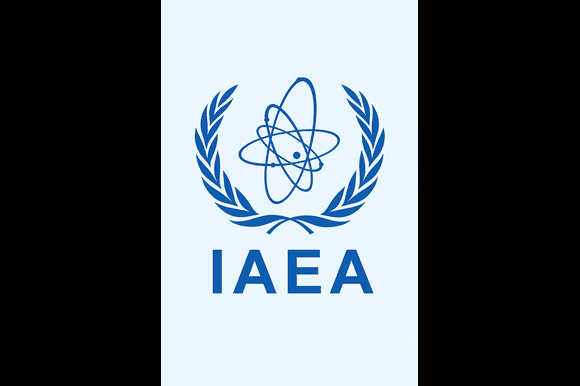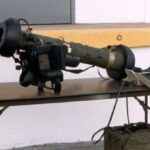The International Atomic Energy Agency (IAEA) has passed a resolution demanding that Iran provide inspectors with access and essential information concerning its nuclear programme, as stipulated under United Nations resolutions. The decision was made on Thursday, just one day after Rafael Grossi, director-general of the UN nuclear watchdog, renewed his appeal for Tehran to allow monitoring at key nuclear facilities that were struck during coordinated attacks by Israel and the United States in June.
Israel began its offensive against Iran on 13 June, a day after the IAEA determined that Iran was failing to adhere to international nuclear safeguards. Tehran subsequently accused the agency of facilitating the 12-day conflict, which left more than 1,000 people dead and caused billions of dollars in damage across the country.
According to the draft resolution, seen by Reuters, Iran must “without delay provide the Agency with precise information on nuclear material accountancy and safeguarded nuclear facilities in Iran, and grant the Agency all access it requires to verify this information.”
Diplomatic sources confirmed that the resolution was adopted with 19 votes in favour, three against, and 12 abstentions. Russia, China and Niger voted against the motion. Speaking to reporters after the vote, Iran’s ambassador to the IAEA, Reza Najafi, warned: “I’m afraid the resolution will have its own consequences.” When asked to elaborate, he said, “We will announce the consequences later.”
Grossi stated on Wednesday that while some inspections had been conducted, access to the sites hit during the strikes remained restricted. “We have performed a number of inspections, but we have not been able to go to the attack sites. I hope we will be able. Indeed, we have to go because this is part of Iran’s commitments,” he said, expressing cautious optimism that progress could be made.
However, Iranian Foreign Minister Abbas Araghchi firmly rejected cooperation regarding the affected facilities. “We only cooperate regarding nuclear facilities that have not been impacted, in compliance with IAEA regulations,” he declared on Telegram on Wednesday evening.
Ongoing tensions and stalled commitments
Relations between Iran and the IAEA have been fraught for years and deteriorated further following the June conflict. Iran has expressed frustration over the IAEA’s refusal to explicitly condemn the strikes. Although inspectors have been allowed access to certain sites, key locations such as Fordo and Natanz, which were hit during the military operations, remain off-limits.
In early September, Grossi reached a provisional agreement with Araghchi in Cairo to restart inspections. However, the accord lost relevance later that month when the United Kingdom, France and Germany—signatories to the 2015 Joint Comprehensive Plan of Action (JCPOA)—activated the “snapback” mechanism, reinstating UN sanctions against Iran for alleged non-compliance with its nuclear obligations. Iran strongly rejected the claims and responded by stopping implementation of the Cairo agreement.
The reinstated sanctions revived six UN Security Council resolutions targeting Iran’s nuclear and ballistic missile development, reinstated broad economic restrictions and included stringent measures such as a full halt to uranium enrichment.
Diplomatic manoeuvring amid ongoing nuclear concerns
Meanwhile, on Tuesday, US President Donald Trump claimed Iran was seeking a diplomatic resolution with Washington, which has been calling for the dismantling of Tehran’s nuclear programme. “I am totally open to it, and we’re talking to them,” Trump said. “And we start a process. But it would be a nice thing to have a deal with Iran. And we could have done it before the war, but that didn’t work out. And something will happen there, I think.”
The statement comes against the backdrop of Trump’s 2018 unilateral withdrawal from the JCPOA, which severely undermined the multilateral agreement and led to the reimposition of harsh US sanctions on Iran.
As the situation develops, diplomatic tensions between Iran and the international community remain high, particularly concerning transparency over its nuclear activities and the unresolved fallout from the June conflict. The IAEA’s latest resolution marks a significant escalation in pressure, although Tehran’s response—and the potential consequences—remain to be seen.






